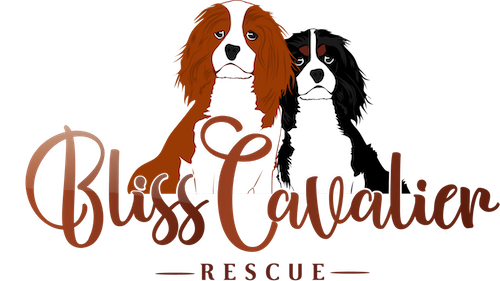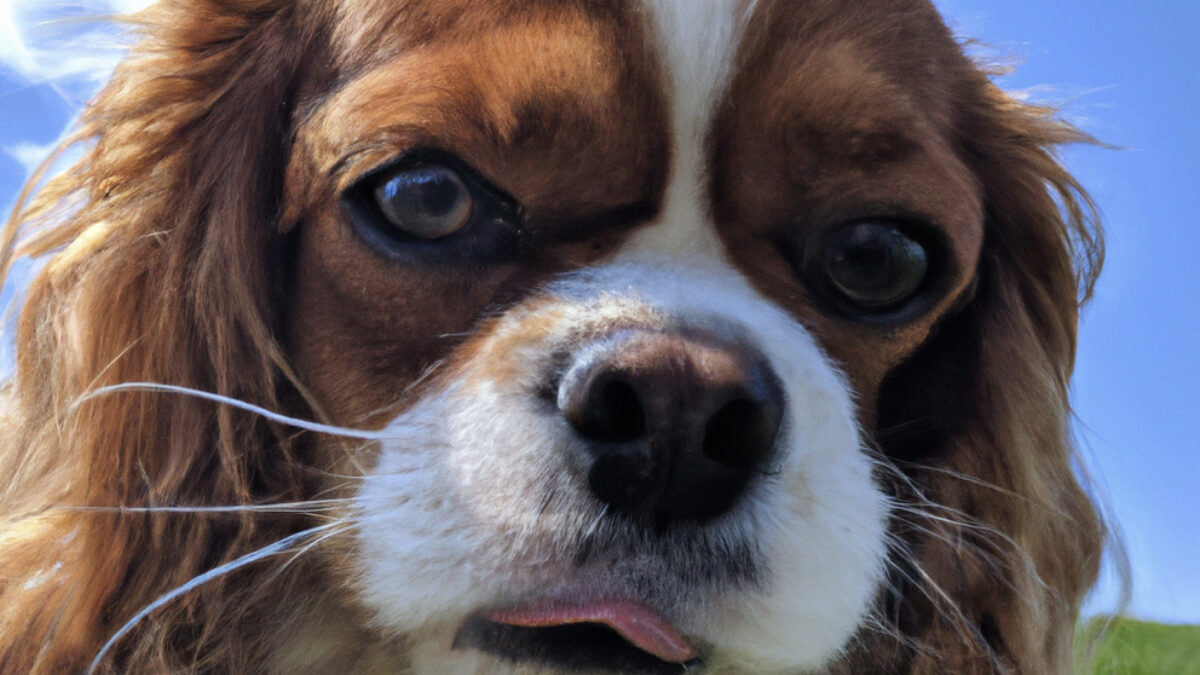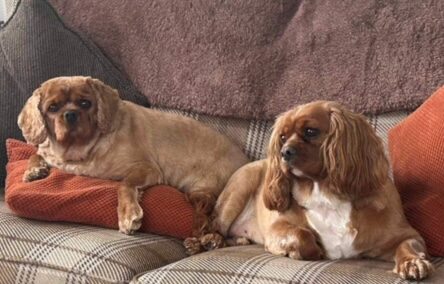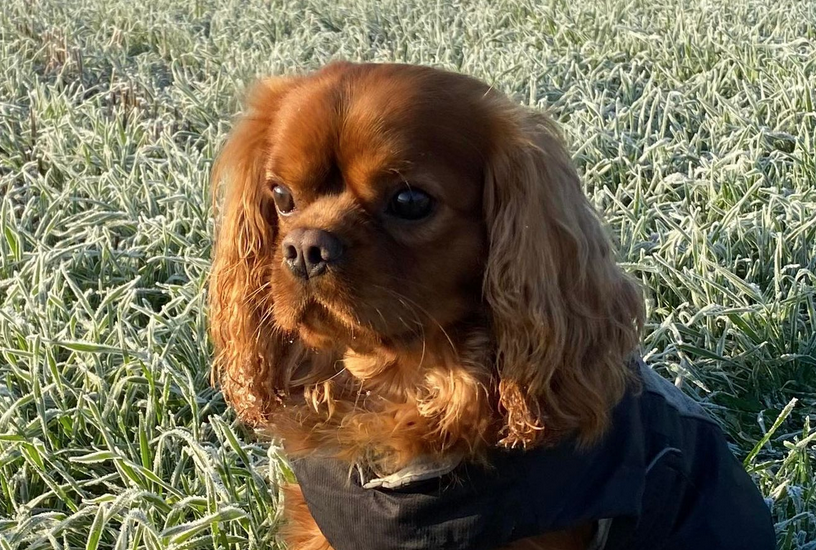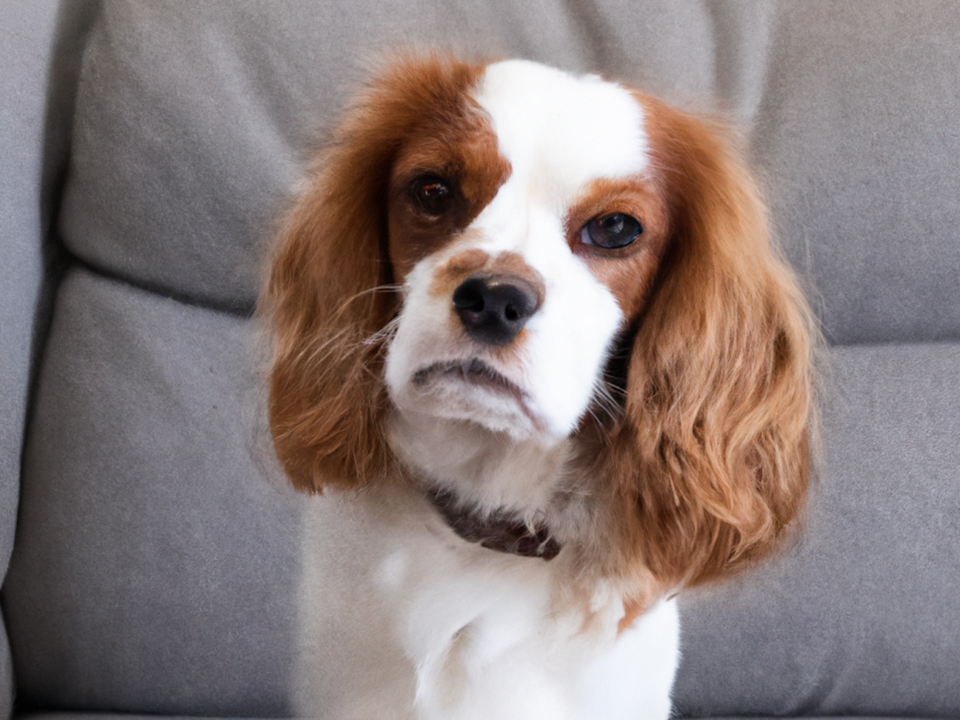Brachycephalic breeds, characterised by their short skulls, such as Cavaliers, Pugs, Shih Tzus, and Bulldogs, all fall under this category. But beneath their unique aesthetics lies an extra set of health considerations: dental care.
Due to their compact facial structure, Cavaliers often have overcrowded, misaligned teeth. This predisposes them to dental diseases, including periodontal disease, a serious condition where plaque buildup causes inflammation and can lead to tooth loss.
Regular dental check-ups are pivotal in a Cavalier’s health regime. Professional cleaning under anesthesia, where veterinarians remove plaque, carry out extractions where necessary, and assess oral health, is a must.
How much do Cavalier dentals cost?
The average dental cost for our furry friends, including extractions, is now around £600. This includes pre-anesthetic blood tests and IV fluids. In some cases, and depending on your veterinary practice, these costs can be up to £1400.
However, there’s some good news. Some pet insurance policies cover dental care, which is provided your pet is checked frequently by the vet and dental care takes place within 3 months of being advised. The insurance will not cover a scale and polish but should typically cover extractions.
Setting up a savings plan
It’s worth noting that, on average, a Cavalier might need a veterinary dental every 24-36 months.
We strongly recommend setting up a monthly savings plan specifically for these costs if your insurance doesn’t cover the cost. This way, you won’t be left with an unaffordable bill when it’s time for your Cavaliers teeth cleaning or any dental emergencies that may arise.
How much should you save monthly?
To calculate a monthly saving amount, let’s use an average cost of £700 for a dental procedure (midway between £600 and £800 for the sake of this estimate). If a Cavalier King Charles Spaniel needs a dental procedure every 2 years (24 months), you would divide £700 by 24 months.
700 ÷ 24 = £29.17 per month
If the dental procedure is needed every 3 years (36 months), then you would divide £700 by 36.
700 ÷ 36 = £19.44 per month
To prepare for the higher end of the cost scale, you might want to use £1400 as your estimate. The calculations would then be:
1400 ÷ 24 = £58.33 per month (for every 2 years)
1400 ÷ 36 = £38.89 per month (for every 3 years)
The exact amount you decide to save can depend on your budget and the specific health needs of your pet, but these calculations provide a starting point. Remember, it’s always better to save a bit more than you think you might need, just in case! Also, bear in mind veterinary costs are likely to continue to rise.
Brushing at home
At-home dental care is also vital. Daily brushing can significantly decrease the risk of dental disease. However, due to their anatomical peculiarities, brachycephalic breeds may not tolerate conventional dog toothbrushes. Pet parents can consider finger brushes or even dental wipes as alternatives. Moreover, dental diets and chew toys can be useful adjuncts, contributing to the mechanical cleansing of teeth.
Dental health in brachycephalic dogs is not just about fresh breath and clean teeth. Poor oral health can lead to systemic issues like heart and kidney diseases. Therefore, comprehensive dental care is more than a choice; it’s a responsibility.


